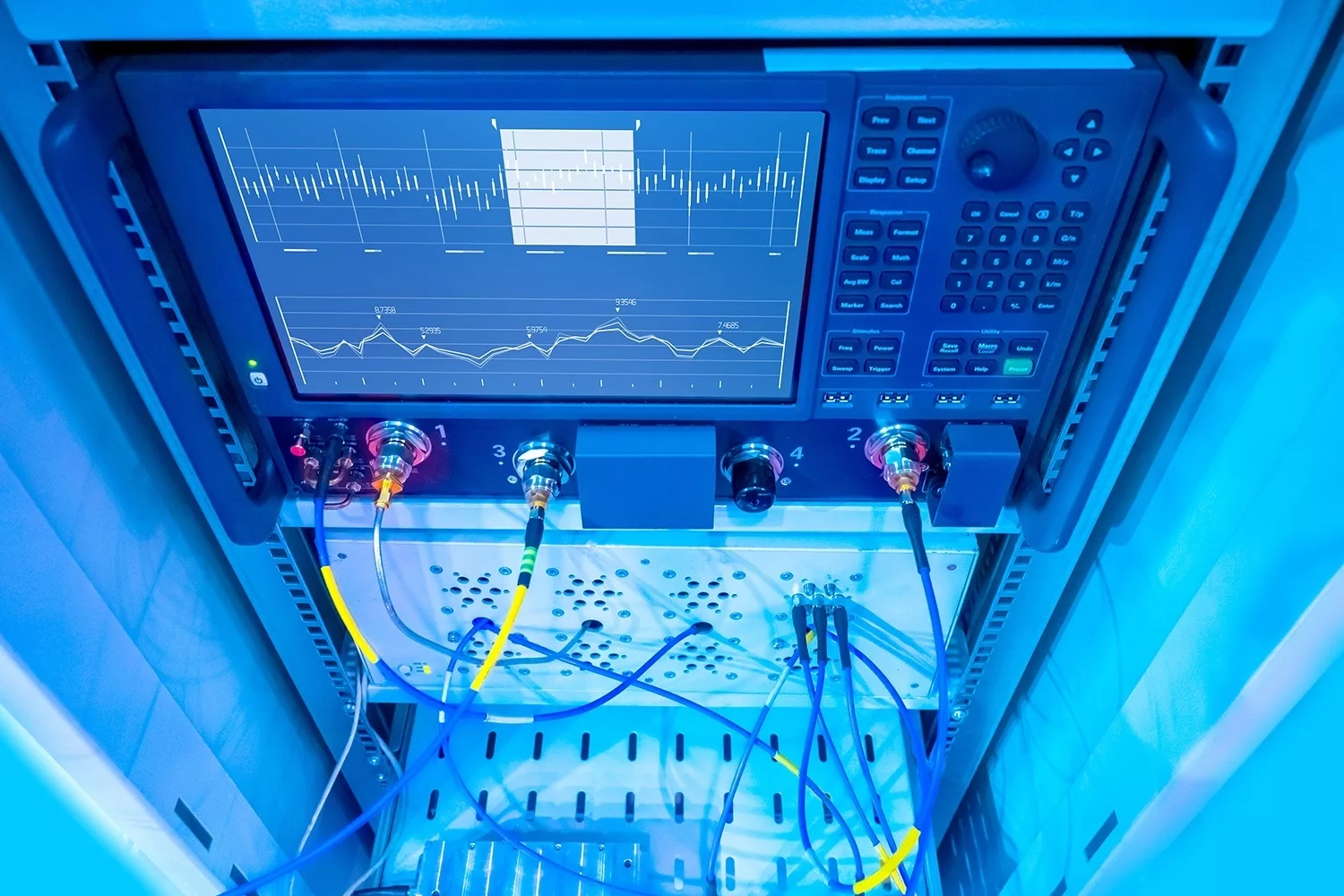
Navigating Regulatory Compliance: How Testing Instruments Ensure Standards Adherence
Regulatory compliance is a cornerstone of many industries, ensuring the safety, reliability, and quality of products and services. Meeting regulatory standards requires rigorous testing and adherence to specific guidelines set forth by regulatory bodies. In this post, we'll explore the pivotal role that testing instruments play in navigating regulatory compliance, ensuring that businesses meet industry standards and regulations effectively and efficiently.
Understanding Regulatory Requirements: Before diving into testing procedures, it's crucial to have a comprehensive understanding of the regulatory landscape governing your industry. Regulatory requirements can vary significantly depending on the sector, geographic location, and the nature of the products or services being offered. Whether it's safety regulations, environmental standards, or product certifications, businesses must stay abreast of relevant regulations to ensure compliance.
Compliance Testing with Precision Instruments: Testing instruments are instrumental in conducting compliance testing to ensure that products meet regulatory standards. These instruments encompass a wide range of technologies, including spectrometers, gas analyzers, thermal imaging cameras, and more. By utilizing precise and accurate testing instruments, businesses can measure various parameters such as chemical composition, emissions, temperature, and electrical safety to verify compliance with regulatory requirements.
Environmental Monitoring and Pollution Control: In industries where environmental impact is a concern, testing instruments play a critical role in monitoring and controlling pollution levels. Instruments such as air quality monitors, water quality analyzers, and soil testing equipment are used to assess environmental parameters and ensure compliance with pollution control regulations. By continuously monitoring environmental conditions, businesses can identify potential risks and implement measures to mitigate environmental impact effectively.
Certifications and Conformity Assessment: Certifications and conformity assessment are essential components of regulatory compliance, demonstrating that products meet specific standards and requirements. Testing instruments are used to conduct tests and measurements required for certification processes, such as EMC (Electromagnetic Compatibility) testing, safety assessments, and performance evaluations. By obtaining certifications from accredited bodies, businesses can validate the quality and safety of their products and gain credibility in the market.
Documentation and Record-Keeping: Accurate documentation and record-keeping are vital aspects of regulatory compliance. Businesses must maintain detailed records of testing procedures, results, and compliance documentation to demonstrate adherence to regulatory requirements. Testing instruments often come equipped with data logging and reporting capabilities, facilitating the documentation process and ensuring transparency and traceability in compliance efforts.
Navigating regulatory compliance can be a complex and challenging task for businesses, but testing instruments provide invaluable support in ensuring standards adherence. By leveraging precise and reliable testing technologies, businesses can conduct compliance testing, monitor environmental impact, obtain certifications, and maintain comprehensive records of regulatory compliance efforts. Ultimately, investing in robust testing instruments enables businesses to meet regulatory requirements effectively, safeguard consumer safety, and uphold their reputation for quality and integrity in the market.
At Gamma Technology, we understand the importance of regulatory compliance in various industries. Our range of advanced testing instruments is designed to help businesses navigate regulatory requirements with confidence, ensuring standards adherence and regulatory compliance. If you're looking for reliable testing solutions to meet your compliance needs, please don't hesitate to contact us for assistance.





